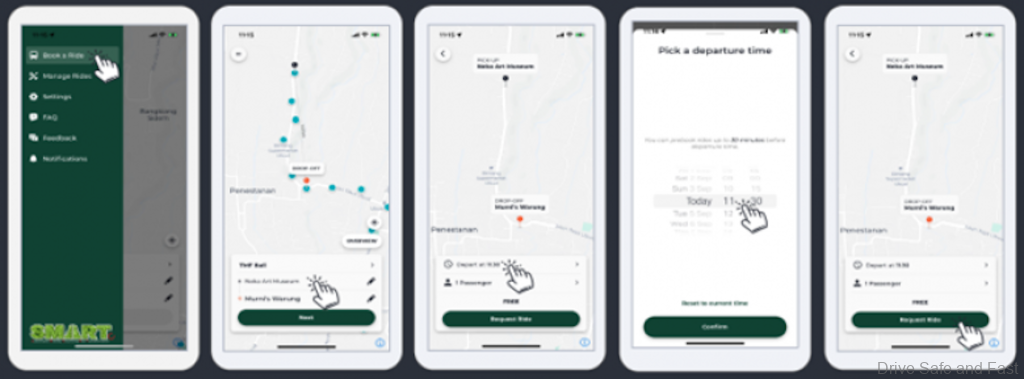The Toyota Mobility Foundation has just concluded its trial of its Sustainable Mobility Advancing Real Transformation (SMART) @Ubud Program in Bali, Indonesia.
The SMART@Ubud program was aimed at addressing mobility issues in a part of Bali in a sustainable way. They did this by using a mix of battery electric vehicles and hybrid electric vehicles to run a connected on-demand shuttle service in the urban centre with multiple stops located within 10 minute walking distance of key tourist/local destinations. They also installed digital display monitors at bus stops to give bus users real time info on when those buses would be arriving.

We think the Malaysian Ministry of Transport could take advantage of the insights from this program to solve our own problems around congestion, emissions and public transportation. Right now, local council programs like Kumpool are working but the impact is only felt by a small percentage of the population. If the Toyota Mobility Foundation were to apply this SMART program in Malaysia, they could focus on Kuala Lumpur, or better yet, Penang, Johor Bahru, Kota Kinabalu and Kuching – which are also populous urban centres that lack any rail-based public transport.
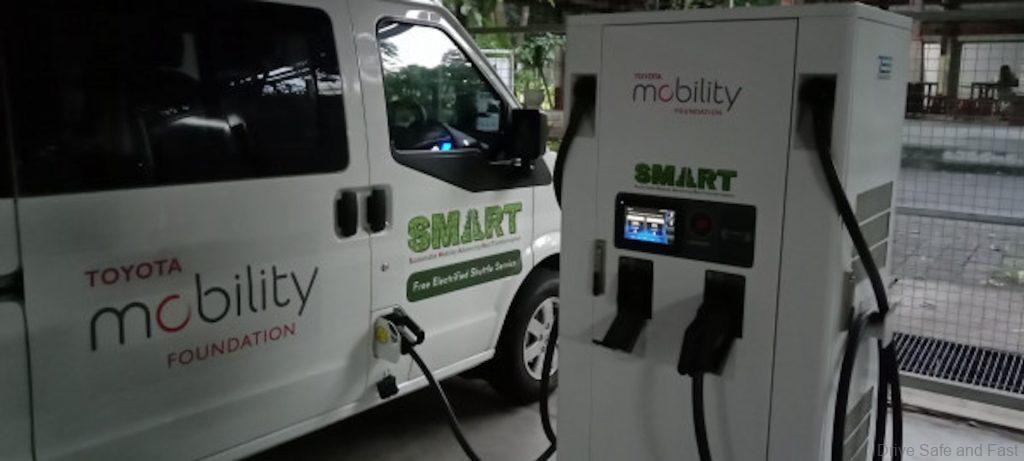
Advantages Over Traditional Subsidies
Compared to conventional approaches like fuel subsidies or EV incentives, the SMART program offers several benefits:
- Targeted congestion reduction
- Improved last-mile connectivity
- Promotion of shared, sustainable transportation
- Integration with existing public transport
- Potential long-term cost-effectiveness
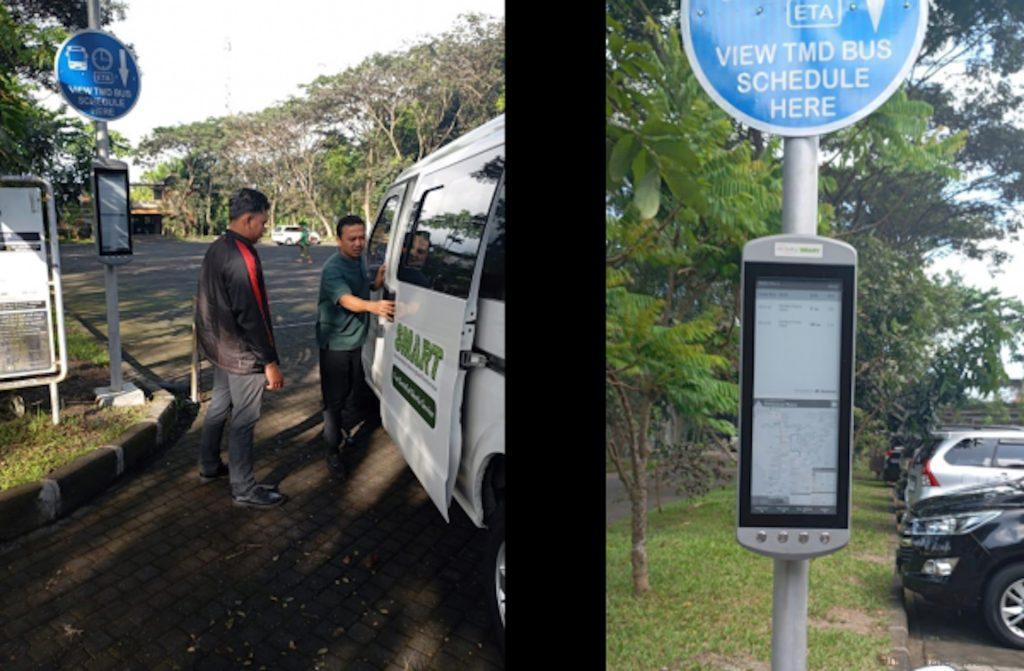
Challenges and Considerations
Of course, even the SMART@Ubud program was not meant to be a permanent/long term solution. However, the local government there can now use the data collected to inform their future decisions on public transport and subsidy spending.
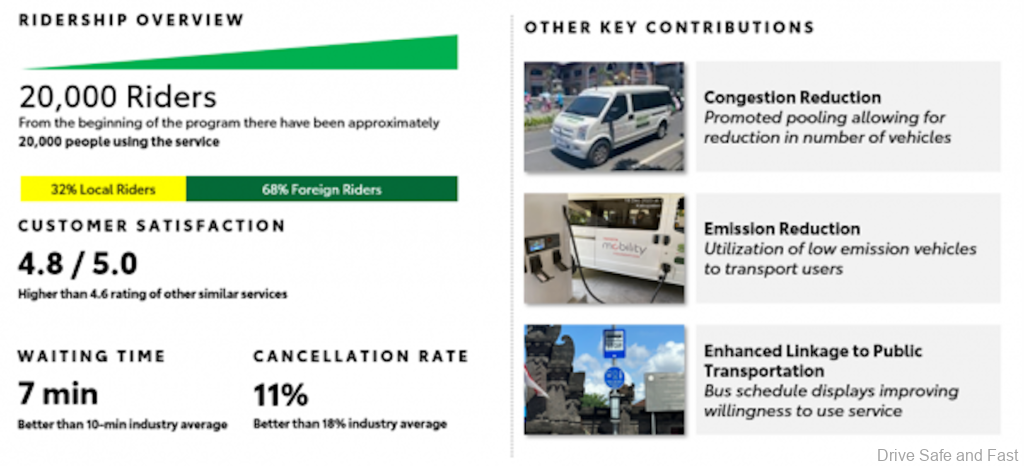
If the Malaysian government is seriously considering further cuts to fuel subsidies, these must be balanced by introducing new and improved ways for Malaysians to get about at low cost. This is not an issue that untaxed privately-owned electric vehicles are going to solve, as they only add to the congestion and not all households can afford to purchase one.
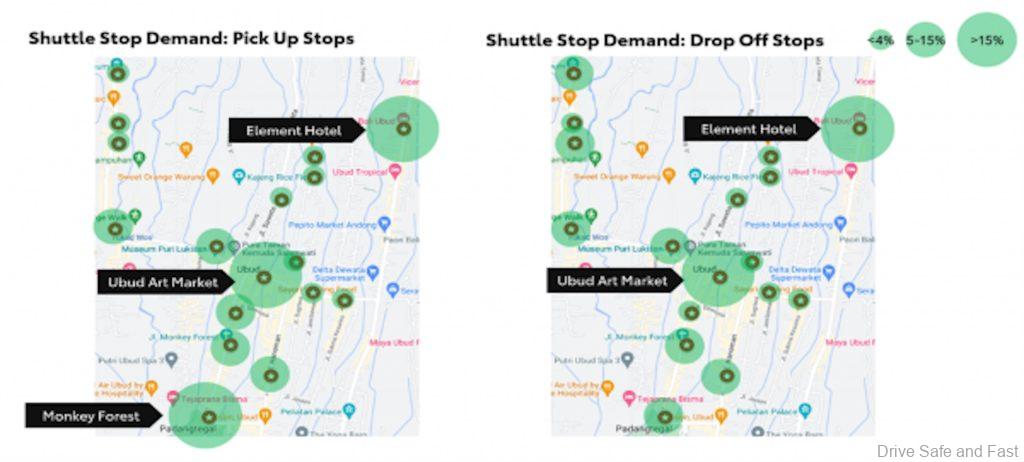
A pilot program in a selected Malaysian city could provide valuable insights into its effectiveness in the local context. As we move towards a more sustainable future, innovative solutions like the SMART program could play a crucial role in shaping Malaysian urban mobility. It’s time for policymakers, urban planners, and citizens to consider how such smart, integrated approaches could revolutionize transportation in Malaysia’s cities.
